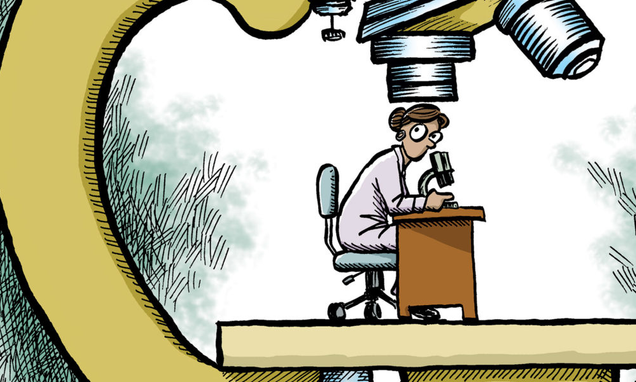Resisting the Era of Darkening: The Researcher Support Consortium
By: Michelle Amazeen

Last week, I moderated a panel of experts on the growing intimidation and harassment faced by researchers studying misinformation. As I’ve noted in previous writings, scholars investigating the origins, spread, and impacts of misinformation are increasingly becoming targets of congressional hearings, subpoenas, doxxing, and other forms of abuse. According to reports in the New York Times and the Washington Post, these attacks are often framed as reactions to alleged political bias and the suppression of conservative speech. Rather than debating the merits of this argument – which lacks empirical support –my focus is on highlighting the assaults on misinformation researchers. My goal is to raise awareness of this issue, help researchers access the support they need to continue their vital work, and to urge institutions to implement protections for these researchers.
Efforts to silence those presenting scientific evidence that challenges prevailing beliefs are far from new. In the 1500s, Copernicus, whose heliocentric theory contradicted the Catholic Church’s geocentric view that the Earth was the center of the universe, was denounced for proposing that the Earth orbits the sun. Galileo, who defended this theory, spent the final years of his life under house arrest as a result. During Nazi Germany’s Third Reich (1933-1945), scholars who produced evidence contradicting Nazi ideology, particularly the belief in a “Master race,” faced imprisonment, exile, or worse. And for years, the US tobacco industry attempted to raise doubt, discredit, and derail the work of scientists providing evidence of the connection between smoking and cancer. This strategic suppression has been repeated against those raising alarms about climate change, those studying vaccines, and, more recently, misinformation researchers.

Intimidation and harassment of scientific experts has become an occupational hazard. Nearly half of US researchers report that they or someone they know has been a target. Among climate scientists who have been quoted in the media at least once a month, almost 3 in 4 have experienced abuse. It’s even worse for scientists who are women or from underrepresented groups.
Coordinated campaigns targeting researchers have far-reaching personal, professional, and societal consequences. On a personal level, those attacked often experience heightened anxiety, depression and social withdrawal. Professionally, these researchers are more likely to self-censor, limit the public availability of their work, or even leave the field entirely. As a result, public trust in scientific experts and higher education erodes, stifling informed discourse and debate. Ultimately, we are moving away from the age of enlightenment into an era of darkening where science, empirical evidence, and rationality are obscured.
But it doesn’t have to be this way. The Researcher Support Consortium has compiled resources to assist those under attack and provides guidance to organizations on how to effectively address their needs. Researchers can empower themselves by planning ways to mitigate risks, by developing strategic response strategies, and by connecting with a broader community of supporters.
Institutions have an important role to play in supporting researchers, as well. The Researcher Support Consortium offers a toolkit of practical and actionable steps that institutions can take to prepare for attacks. Steps include setting up researcher support and response teams, understanding how to effectively communicate with impacted researchers, and responding to incidents of abuse while both protecting the needs of the researcher and the reputation of the institution.
To this end, the CRC has issued a statement on researcher intimidation and harassment, which is available in full here. The CRC views these threats as serious occupational hazards and is committed to 1) raising awareness of these challenges, 2) creating robust policies and protocols to safeguard researchers, and 3) fostering an environment that empowers our research fellows to continue their important work in addressing contemporary societal challenges.
Thank you to the researchers who have established the Researcher Support Consortium, a valuable resource that will benefit many.